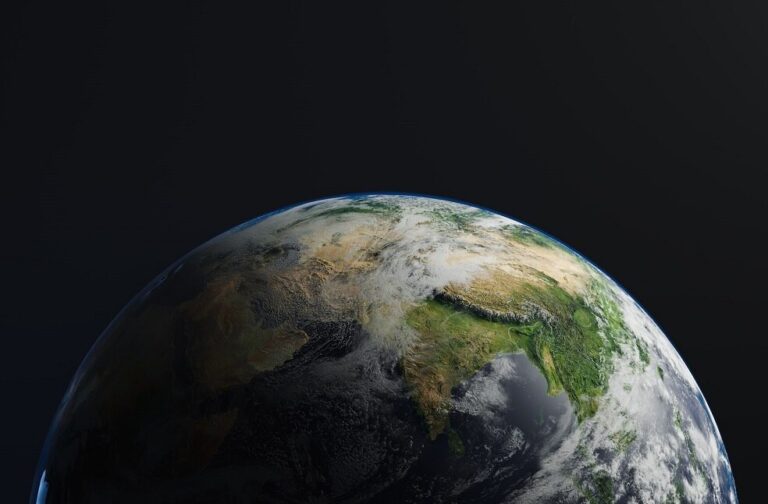London, UK: In a recent study, researchers have discovered that climate change has the potential to abruptly push species beyond crucial thresholds when they confront unforeseen temperature conditions within their natural habitats. This sudden occurrence may expose them to unprecedented climatic extremes, endangering their survival and disrupting ecological balance.
The study was led by a University College London researcher and published in Nature Ecology & Evolution. The research has shown the timeline and locations where the species may be dreadfully affected by dangerous temperature changes due to climate change.
The researchers from UCL, the University of Cape Town, the University of Connecticut, and the University at Buffalo have conducted an analysis of data from more than 35,000 animal species (including mammals, amphibians, reptiles, birds, corals, fish, cephalopods, and plankton), as well as seagrasses from various continents and ocean basins. This comprehensive study has also incorporated climate projections extending until the year 2100.

If the temperature crossed the threshold, the animals may not go extinct, but there is no evidence that they could survive it. Consequentially, the study has shown the chances for the sudden loss of numerous species in the future as a result of climate change.
Lead author Dr. Alex Pigot (UCL Centre for Biodiversity & Environment Research, UCL Biosciences) remarked that “It is unlikely that climate change will gradually make environments more difficult for animals to survive in. Instead, for many animals, large swaths of their geographic range are likely to become unfamiliarly hot in a short span of time.”
The researchers have discovered that the magnitude of global warming has a significant impact if the Earth’s temperature increases by 1.5°C. Approximately 15 percent of the species examined are projected to face unfamiliarly high temperatures across at least 30 percent of their current geographic range within a decade. However, this risk doubles to 30 percent of species if the temperature rises by 2.5°C.



